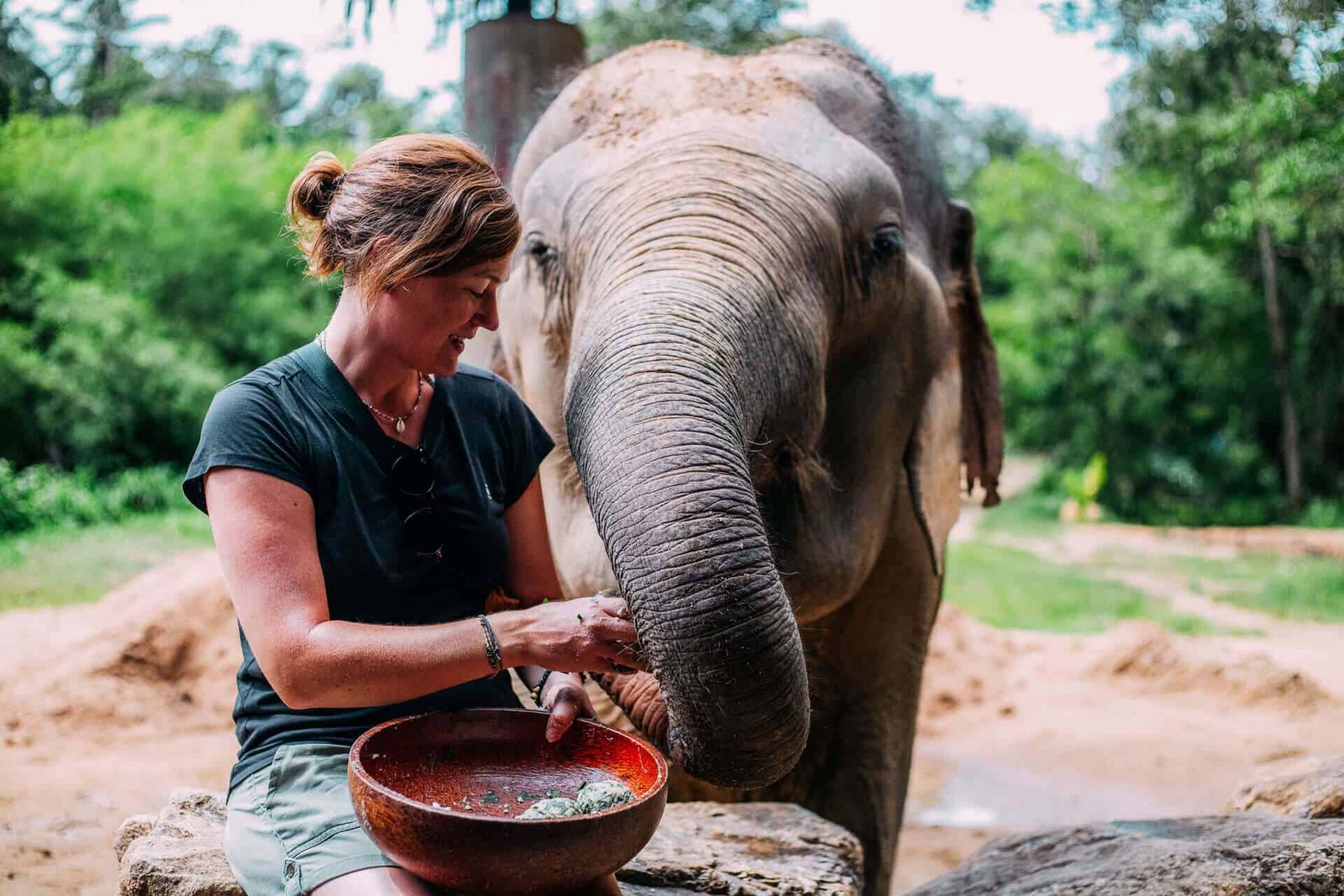
As we gaze upon the mighty presence of an elephant, it’s easy to be captivated by their sheer size and power. But behind the impressive stature lies a complex web of nutritional requirements that are essential to their overall health and well-being.
Elephants are herbivores, and their diet in the wild consists primarily of a diverse array of grasses, leaves, fruits, and even the occasional bark or roots. This varied menu provides them with the necessary vitamins, minerals, and other nutrients to sustain their massive frames and engage in their natural behaviors.
At the core of an elephant’s dietary needs is the requirement for a delicate balance of these essential nutrients. Calcium, for instance, is crucial for maintaining strong bones and teeth, while phosphorus plays a vital role in energy production and muscle function. Vitamins A and E, on the other hand, are essential for immune system health and skin integrity.

Elephants are incredibly sensitive to imbalances in their diet. Even the slightest deficiency or excess of certain nutrients can have severe consequences, ranging from weakened bones to compromised organ function.
In the wild, elephants are able to forage and graze freely, instinctively selecting the right combination of plants and vegetation to meet their nutritional needs. However, in captive nvironments, such as sanctuaries and zoos, ensuring that these giants receive a balanced and species-appropriate diet becomes a crucial challenge.
It’s not as simple as just throwing a pile of leaves and branches into an elephant’s enclosure. We have to carefully analyze the nutrient content of the available food sources and tailor the elephants’ meals to provide the precise balance they require.
This meticulous attention to detail is particularly important for rescued elephants, who may have endured years of poor nutrition and substandard living conditions. Rehabilitating these amazing creatures and restoring their health often requires a multi-faceted approach, with specialized diets and supplementation playing a pivotal role.

When an elephant arrives at our sanctuary, the first thing we do is conduct a thorough assessment of their nutritional status. From there, we work closely with our team of veterinarians and nutritionists to develop a customized feeding plan that addresses any deficiencies and supports their overall well-being.
By prioritizing the specific dietary needs of elephants, ethical sanctuaries like Phangan Elephant Sanctuary are not only ensuring the health and vitality of their residents, but also setting a powerful example for the rest of the industry. They are demonstrating that the well-being of these magnificent creatures should always come first, no matter the cost or effort involved.
As we continue to marvel at the grandeur of elephants, let us also recognize the vital
importance of understanding and meeting their complex nutritional requirements. For it is through this deep appreciation and care that we can truly honor these gentle giants and secure a brighter future for their species.
